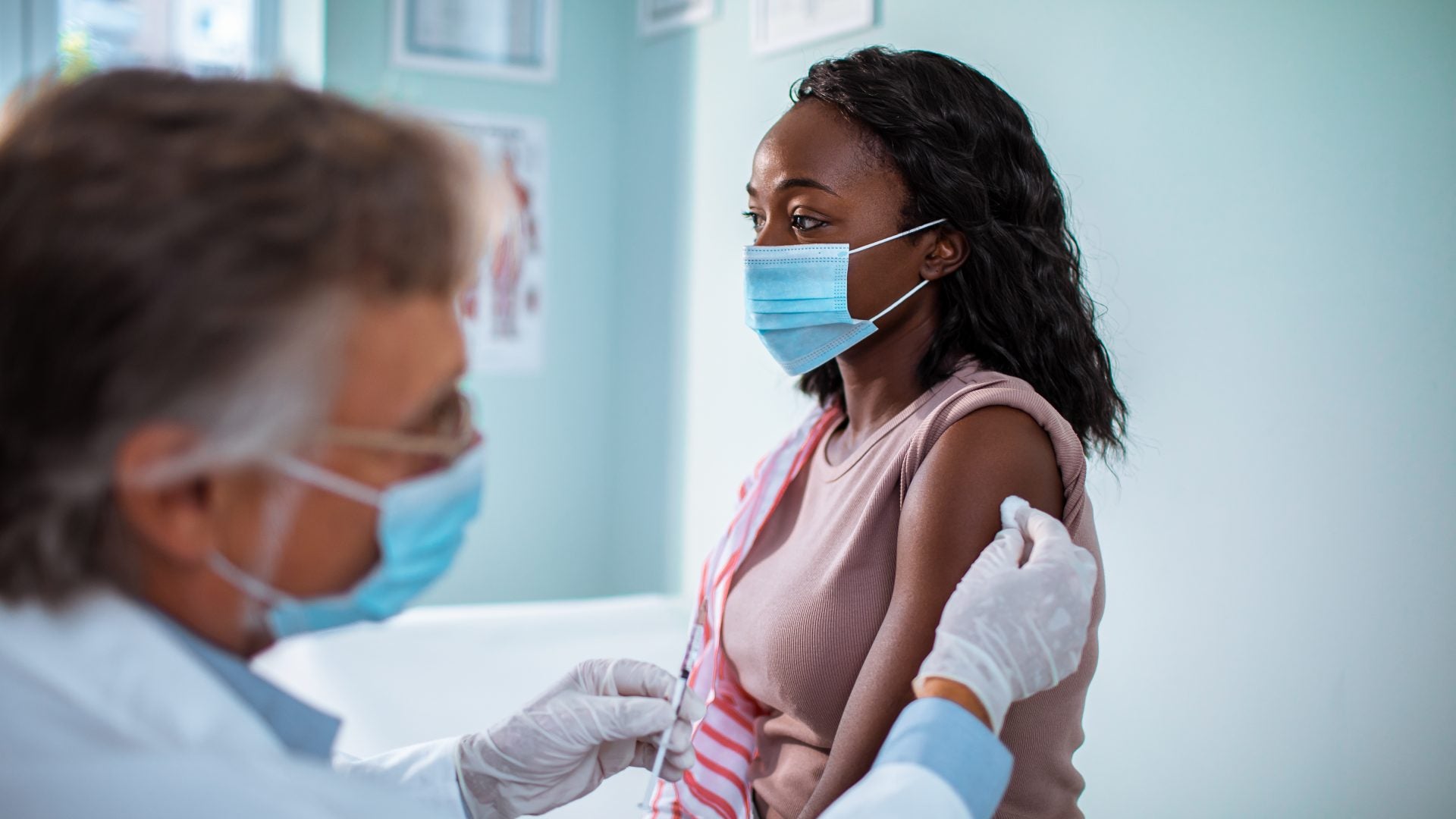
On Tuesday the Centers for Disease Control and Prevention (CDC) and the Federal Drug Administration (FDA) announced they will immediately pause giving single-dose Johnson & Johnson COVID-10 vaccinations because six people have become seriously ill after getting the vaccine.
The six people developed a rare, severe blood clot, which in one case has led to death. In a joint statement, the CDC and FDA indicate that the pause has been initiated out of an abundance of caution.
“Right now, these adverse events appear to be extremely rare,” the statement read. “COVID-19 vaccine safety is a top priority for the federal government, and we take all reports of health problems following COVID-19 vaccination very seriously.”
Approximately 6.8 million Americans have received the single-shot Johnson & Johnson vaccine to date. Many Americans, especially those who recently received the J&J vaccine have expressed concern over whether or not they are at risk and the vaccine is safe now that distribution has been paused. In a digital world where misinformation now at times spreads faster than facts, it’s important to break down what’s happening and what those potentially at risk need to know. Here are the facts available at press time.
Men and The Elderly Have Not Been Affected To Date
“All six cases occurred among women between the ages of 18 and 48, and symptoms occurred 6 to 13 days after vaccination,” the joint statement said. There have not been any additional cases affecting men or the elderly at this time.
The Condition Is Rare and Requires Special Treatment
For those who may be concerned about a post-vaccination blood clot, the rare condition the six patients experienced requires specialized treatment. “Treatment of this specific type of blood clot is different from the treatment that might typically be administered,” the CDC and FDA shares in their official statement. “Usually, an anticoagulant drug called heparin is used to treat blood clots. In this setting, administration of heparin may be dangerous, and alternative treatments need to be given.”
If You Received The J&J Vaccination Over A Month Ago Your Risk Is Much Lower
“I know there are people who have gotten the vaccine who are probably very concerned. For people who got the vaccine more than a month ago, the risk to them is very low at this time,” said Dr. Anne Schuchat, principal deputy director of the CDC. “For people who recently got the vaccine within the last couple of weeks, they should be aware to look for symptoms. If you received the vaccine and develop severe headaches, abdominal pain, leg pain or shortness of breath, you should contact your health care provider.”
There Are Side Effects To Stay On The Lookout For After Being Vaccinated
While the CDC and FDA say that instances of this adverse effect to taking the Johnson & Johnson COVID-19 vaccine are extremely rare, there are post-vaccine side effects they are asking Americans to be vigilant about. “People who have received the J&J vaccine who develop severe headache, abdominal pain, leg pain, or shortness of breath within three weeks after vaccination should contact their health care provider,” the official statement said.